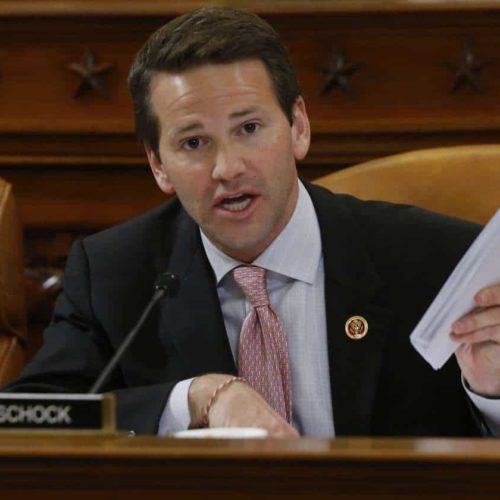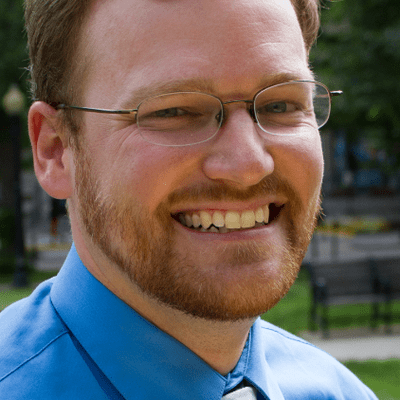Introduction
Politicians, be warned: it’s still against the law for you to solicit big checks from donors for super PACs.
Just ask Aaron Schock — the one-time Republican rising star who resigned from Congress last year after his “Downton Abbey”-themed office makeover led to a barrage of questions about whether he was misusing public money.
New documents show that Schock recently agreed to pay a $10,000 fine for making an excessive solicitation for a super PAC that was active in his home state of Illinois four years ago.
The super PAC, known as the Campaign for Primary Accountability, had caught Schock’s eye during the heated 2012 GOP primary between Reps. Don Manzullo and Adam Kinzinger, who Schock supported and who ultimately prevailed.
At the time, Schock told Roll Call that he wanted “to do everything I could to help the Kinzinger campaign.” That included reaching out to the Campaign for Primary Accountability and steering funds into its coffers.
All super PACs are allowed to raise unlimited amounts of money from individuals, corporations and labor unions. But federal candidates and officeholders are prohibited from soliciting more than $5,000 for these political action committees, which are also barred from coordinating their spending with candidates.
Yet Schock told Roll Call in 2012 that he had asked then-House Majority Leader Eric Cantor, a Virginia Republican, to “match” $25,000 that Schock would provide for the super PAC’s television assault against Manzullo.
Campaign finance filings show that Cantor used his leadership PAC — a political action committee a lawmaker often uses to aid allies — to inject $25,000 into the Campaign for Primary Accountability.
Another $25,000 came not from Schock’s own campaign committee or leadership PAC, but rather, as previously reported by the Center for Public Integrity, from the 18th District Republican Central Committee, the local political party committee in Schock’s home district.
If Schock had only asked for $5,000, he would have been fine. But his apparent five-figure solicitations drew complaints from the Campaign Legal Center and Democracy 21, election watchdogs in Washington, D.C.
The Federal Election Commission agreed that Schock broke the law, according to new documents released today by the Campaign Legal Center.
The documents indicate Schock admitted to illegally soliciting an excessive amount from Cantor, though he did not admit to excessively soliciting the 18th District Republican Central Committee.
The agreement further states that the bipartisan FEC didn’t find reason to believe that Schock’s violation was “knowing or willful.”
Larry Noble, the Campaign Legal Center’s general counsel, lamented the fact that it took the agency so long to come to this conclusion.
“Here was a clear-cut case, and it’s sad that it still took them four years,” he told the Center for Public Integrity.
Noble added that the ban on politicians making large super PAC solicitations was needed to safeguard against corruption because such solicitations can create the “appearance that the candidate will be beholden to the contributor.”
“It’s a really important rule,” Noble said.
A representative for Schock could not immediately be reached for comment.
Read more in Money and Democracy
Money and Democracy
Trump likely to choose millionaire jurist for Supreme Court vacancy
Learn about the financial holdings of the three appellate judges on short list
Money and Democracy
With morale in tatters, Federal Election Commission eyes changes
New ‘ombudsman’ office, better staff training among agency chairman’s proposals


Join the conversation
Show Comments